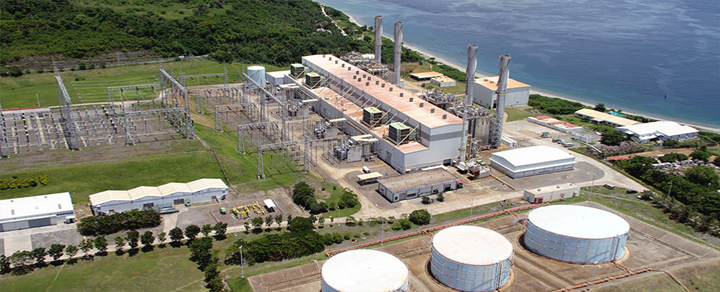
THE 1,200-megawatt (MW) Ilijan natural gas plant has started delivering power to the grid, the Department of Energy (DOE) announced.
This after Linseed Field Corporation has successfully imported liquefied natural gas (LNG) and now supplies natural gas to the Ilijan plant.
“With the delivery of LNG, Ilijan is now supplying power to the grid beginning yesterday, June 1, 2023 and is expected to improve its contribution to the energy supply in the Luzon grid, especially in the coming months,” said DOE in a statement issued Friday.
Since June last year, the Ilijan plant has been on extended outage. It also underwent retrofitting works following the ceasing of gas supply deliveries from the Malampaya Natural Gas field.
Aside from Linseed’s LNG project, the country awaits another LNG project to go online this year.
The LNG facility constructed by FGEN LNG Corporation (FGEN LNG) is also scheduling its first LNG cargo delivery window in the later part of this year. This will add to and secure the supply of natural gas for its power plants in Batangas.
“The DOE welcomes the completion of two LNG facilities in the country. These facilities enable the importation of LNG into the country to support the continuous fuel supply of the country’s gas-fired power plants,” it said.
The DOE also said it welcomes the partnership of FGEN and Prime Infrastructure Capital Inc. (Prime Infra) on the lease and operation of FGEN LNG terminal.
“All these developments are positive signals reflecting the continuous interest of the private sector in investing in critical infrastructures that will allow the country to import and utilize imported LNG and complement the available gas from the Malampaya reservoir to meet the country’s growing energy demand,” the DOE said.
Further, the entry of LNG as a new type of fuel into the energy mix increases diversity and security of the country’s energy needs. It likewise provides the country with fuel and technology that allows flexibility in supporting the various grid demands from baseload to providing reliable mid-merit to peaking power supply.
“This flexibility also enables our push to further develop intermittent renewable energy technologies such as solar and wind,” added the agency.
LNG is a “transition” fuel, enabling countries to move away from coal power responsibly without compromising the continuing need of people and economies for affordable and reliable baseload power, while targeting wider adoption of renewable energy over the longer term.
Image credits: www.san miguel.com.ph
